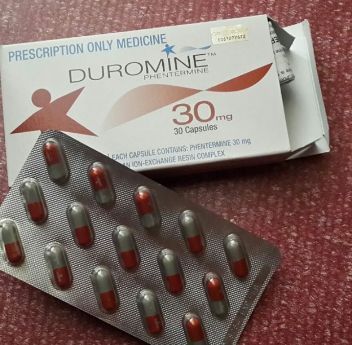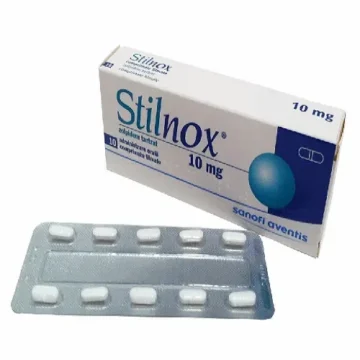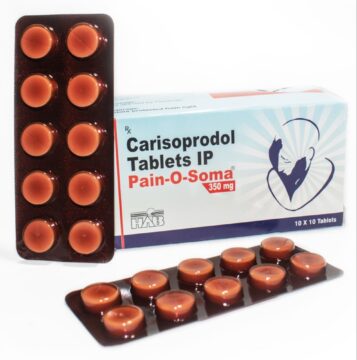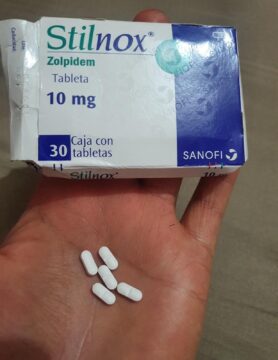- You have no items in your shopping cart
- Continue Shopping
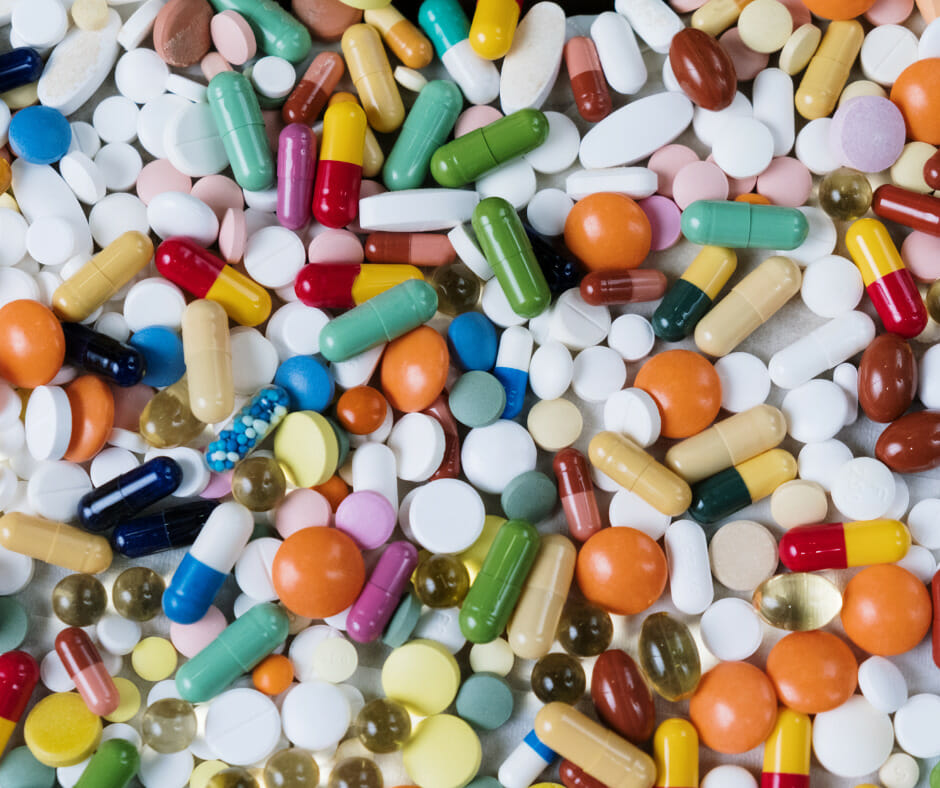
Vyvanse (lisdexamfetamine dimesylate) is a prescription medication primarily used to treat Attention Deficit Hyperactivity Disorder (ADHD) and Binge Eating Disorder (BED). It works as a central nervous system stimulant, improving focus, impulse control, and attentiveness for those diagnosed with these conditions. A common dosage prescribed by healthcare providers is 50mg, which is typically considered a mid-range dose for patients starting on this treatment path. However, it’s not uncommon for individuals to report that they “don’t feel it” or don’t notice immediate effects after taking Vyvanse, especially when they first begin treatment or when adjusting dosages.
Shop Now: order duromine online
How Vyvanse Works
Vyvanse is a prodrug, meaning it needs to be metabolized by the body before it becomes active. Once ingested, the drug converts into its active form, dextroamphetamine, which increases the levels of certain neurotransmitters (dopamine and norepinephrine) in the brain. These chemicals are responsible for regulating attention, mood, and behavior.
Unlike some other ADHD medications, Vyvanse has a slower onset, generally taking 1-2 hours to begin working, and its effects can last for 10-12 hours. This long-acting nature is one of the reasons many prefer it, as it provides all-day symptom control with a single morning dose.
Why You Might Not Feel the Effects of 50mg Vyvanse
There are several reasons why someone might not feel the expected effects of Vyvanse at a 50mg dose:
- Tolerability and Body Chemistry: Everyone’s body processes medication differently. Some people metabolize Vyvanse faster or slower, which can influence how strong or noticeable the effects are. If your body is slower to metabolize the medication, you might not feel it working right away.
- Medication Tolerance: If you’ve been on stimulant medications before or have been taking Vyvanse for a while, you may have developed a tolerance, meaning your body needs a higher dose to achieve the same effects. This is something your doctor can help adjust safely.
- Timing and Food: Vyvanse should be taken on an empty stomach for the best absorption, as food can delay the onset of the medication’s effects. If you’ve eaten recently before taking your dose, this could explain why it feels like it isn’t working.
- Underlying Medical Conditions: Other health issues, like gastrointestinal problems or metabolic disorders, may affect how your body absorbs and processes Vyvanse. Additionally, conditions such as depression or anxiety may dampen the noticeable effects of the medication.
- Expectation vs. Reality: Some individuals expect an immediate and profound feeling when taking a stimulant like Vyvanse, but its effects can be more subtle. The drug is designed to improve focus and attention over time, not necessarily create a noticeable “boost” or energy surge.
What to Do If You Don’t Feel the Effects of Vyvanse
If you’ve taken 50mg of Vyvanse and don’t feel it working, it’s important not to increase the dosage on your own. Self-adjusting the dosage without consulting a healthcare provider can lead to unwanted side effects, including increased heart rate, anxiety, or insomnia. Instead, follow these steps:
- Give It Time: Especially if you’ve just started taking Vyvanse, it might take a few days to a couple of weeks for your body to adjust to the medication. Don’t be discouraged if you don’t notice immediate changes.
- Talk to Your Doctor: Your doctor can assess whether the 50mg dosage is right for you. They might suggest a dosage increase, or they may investigate other factors that could be influencing how well the medication is working for you. In some cases, they may switch you to a different medication if Vyvanse isn’t providing the desired results.
- Track Your Symptoms: Keeping a log of how you feel throughout the day can help you and your healthcare provider determine how effective Vyvanse is. Take note of your focus, energy levels, and emotional state at different times.
- Lifestyle Factors: Sometimes, lifestyle changes can support the effectiveness of ADHD medication. Getting enough sleep, eating a balanced diet, and staying physically active can help improve your overall mental clarity and focus.
What You Shouldn’t Do
- Do Not Take More Than Prescribed: Increasing your dose without consulting a doctor can increase the risk of side effects such as heart palpitations, anxiety, or even overdose. Vyvanse can be a powerful medication, and higher doses should always be medically supervised.
- Avoid Relying Solely on Medication: While Vyvanse can be highly effective for many people, it works best when combined with other strategies, such as therapy, organizational tools, and healthy habits.
- Don’t Expect Instant Results: It’s important to remember that Vyvanse is not an “instant fix.” The medication is designed to help manage symptoms over time, and it may take a while before you see significant improvements.
Side Effects to Watch Out For
Even if you don’t feel the therapeutic effects of 50mg Vyvanse right away, you might still experience side effects. These can include:
- Dry mouth
- Insomnia
- Decreased appetite
- Increased heart rate
- Anxiety or jitteriness
- Digestive issues
If these side effects become bothersome, or if you experience anything severe, such as chest pain, shortness of breath, or significant mood changes, seek medical help immediately.
Conclusion
If you’ve taken 50mg of Vyvanse and don’t feel it working, it could be due to a number of factors, from body chemistry to lifestyle habits. It’s crucial to work closely with your healthcare provider to adjust your treatment plan accordingly. Never self-medicate or alter your dosage without professional guidance, as this can lead to serious health risks. With time and the right adjustments, many people find Vyvanse to be an effective part of managing ADHD symptoms or binge eating disorder.
You Might Also Like These:

